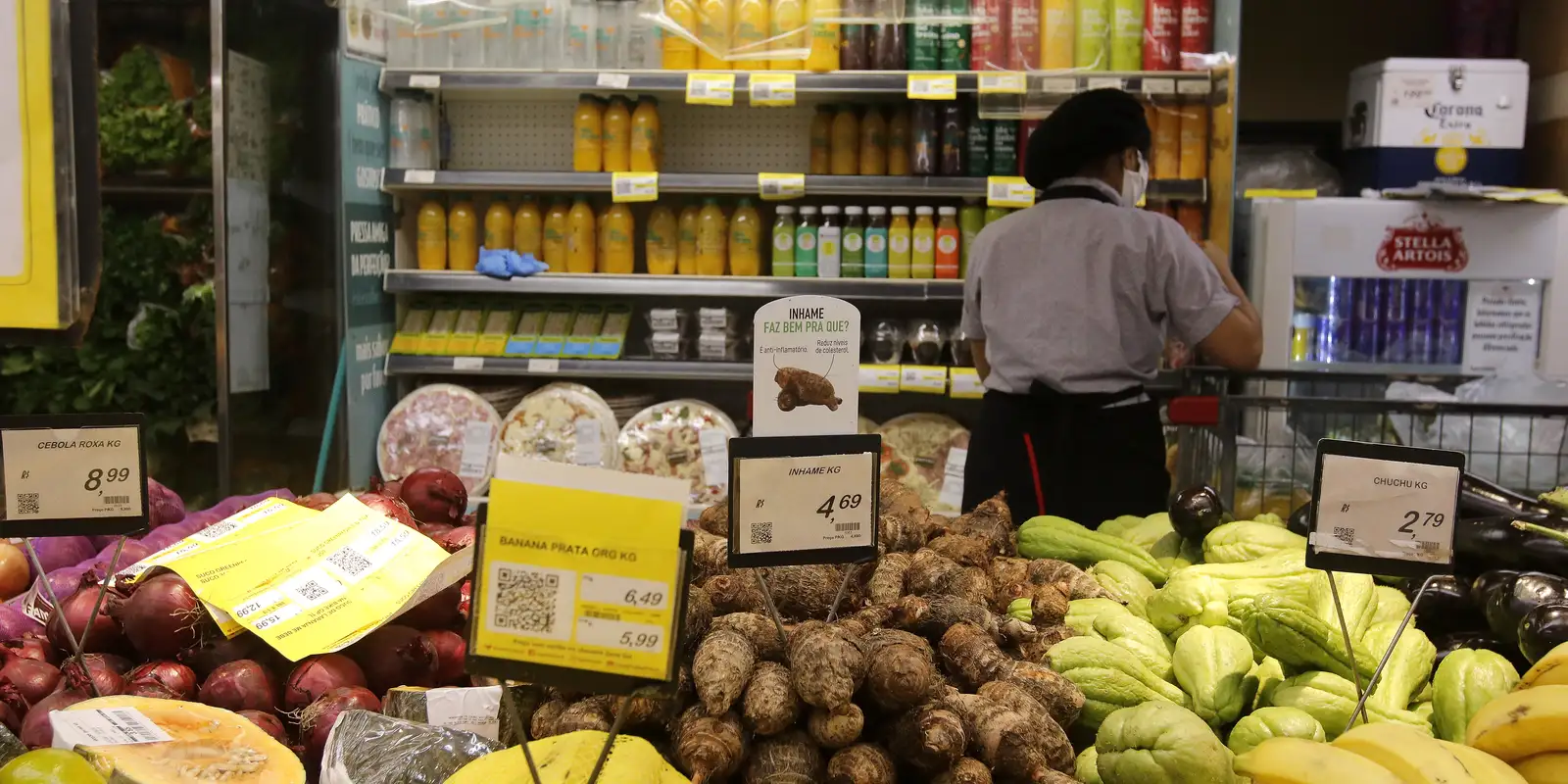The Household Consumption Intention (ICF) fell 0.3% in September. The result was released this Monday (23) by the National Confederation of Commerce of Goods, Services and Tourism (CNC), which calculates the indicator monthly. According to the researchers, the drop reflects a worsening in the assessment of the professional outlook, which fell 0.4%, and access to credit, which fell 1.3% in the month.
According to the survey, the most significant reduction occurred among higher-income families and the male population. In these two segments, perceptions of the job market and future consumption worsened.
The CNC highlighted that despite the decline, the indicator still stood at 103.1 points, which means it remained above the satisfaction level and the highest level since March of this year. At that time it reached 104.1 points.
Even with a 0.4% increase in the assessment of current employment, which showed signs of improvement, the slowdown in job creation and economic uncertainty resulted in a 0.4% decline in the professional outlook. For the president of the CNC-Sesc-Senac System, José Roberto Tadros, families remain cautious. “The positive balance of the labor market encourages consumers in the short term, but caution about the future remains,” says a note released by the CNC.
The entity recalled that the General Register of Employed and Unemployed Persons (Caged) for July “also revealed an increase in the number of employees, with accumulated growth of 3.9% in the last 12 months”.
Credit
The survey also indicated that the credit market was influenced by increased inflationary pressure and fiscal uncertainties. As a result, credit became more restricted, leading to a 1.3% decline in the sub-indicator that measures satisfaction with access to credit. The Consumer Debt and Default Survey (Peic), also produced and already released by the CNC, indicated that the number of families unable to pay their debts increased in August and had a negative impact on the assessment of the moment for purchasing durable goods, which fell by 1%.
CNC’s chief economist, Felipe Tavares, considered that credit became less accessible with the scenario indicated in the survey. “With the more challenging scenario for credit and the increase in defaults, the market became less accessible, especially for higher-income families, who show a greater retraction in consumption intentions,” he noted.
According to the ICF, the consumption intention in September of families with income above 10 minimum wages fell by 0.8%. In the case of lower-income families, it fell by 0.2%. The decline in consumption prospects was even more intense in higher-income families (2.5%), while in the case of lower-income families, the decline was 0.6%. “This divergence was also evident in the current employment indicator, with higher-income families recording a 0.3% drop, while lower-income families showed an increase of 0.8%,” added the CNC.
“Families with higher salaries are more cautious about employment and future consumption, due to greater selectivity in credit and the worsening of business confidence”, assessed the CNC’s chief economist.
Still, according to the survey, despite being more optimistic about their current employment, families with lower incomes remain cautious about the future, with a 0.2% drop in their professional outlook.
Gender
Another piece of data presented by the ICF is that women were ahead in terms of consumption intentions. Among them, the annual increase was 1.6%, while among men there was a decrease of 0.3%. This movement also appeared in the indicator that measures satisfaction with the current job, which registered an increase of 3.3% for women and only 0.3% for men. “The professional outlook also showed differences, with a sharper drop among men (reduction of 5.4%), in contrast to a decrease of 2.4% among women”, pointed out the entity.
Access to credit
In September, women saw a 1.7% increase compared to the same month last year. Among men, there was a 0.2% drop. According to the CNC, the increase in the number of men with difficulties in paying off their debts, as indicated by Peic, may be behind this result, which caused a 4.2% drop in the consumption outlook among men, while among women it was 2.6%. “This scenario of greater optimism among women reflects a slightly more favorable job and credit market for them, while men face greater challenges in the coming months,” commented Felipe Tavares.

















